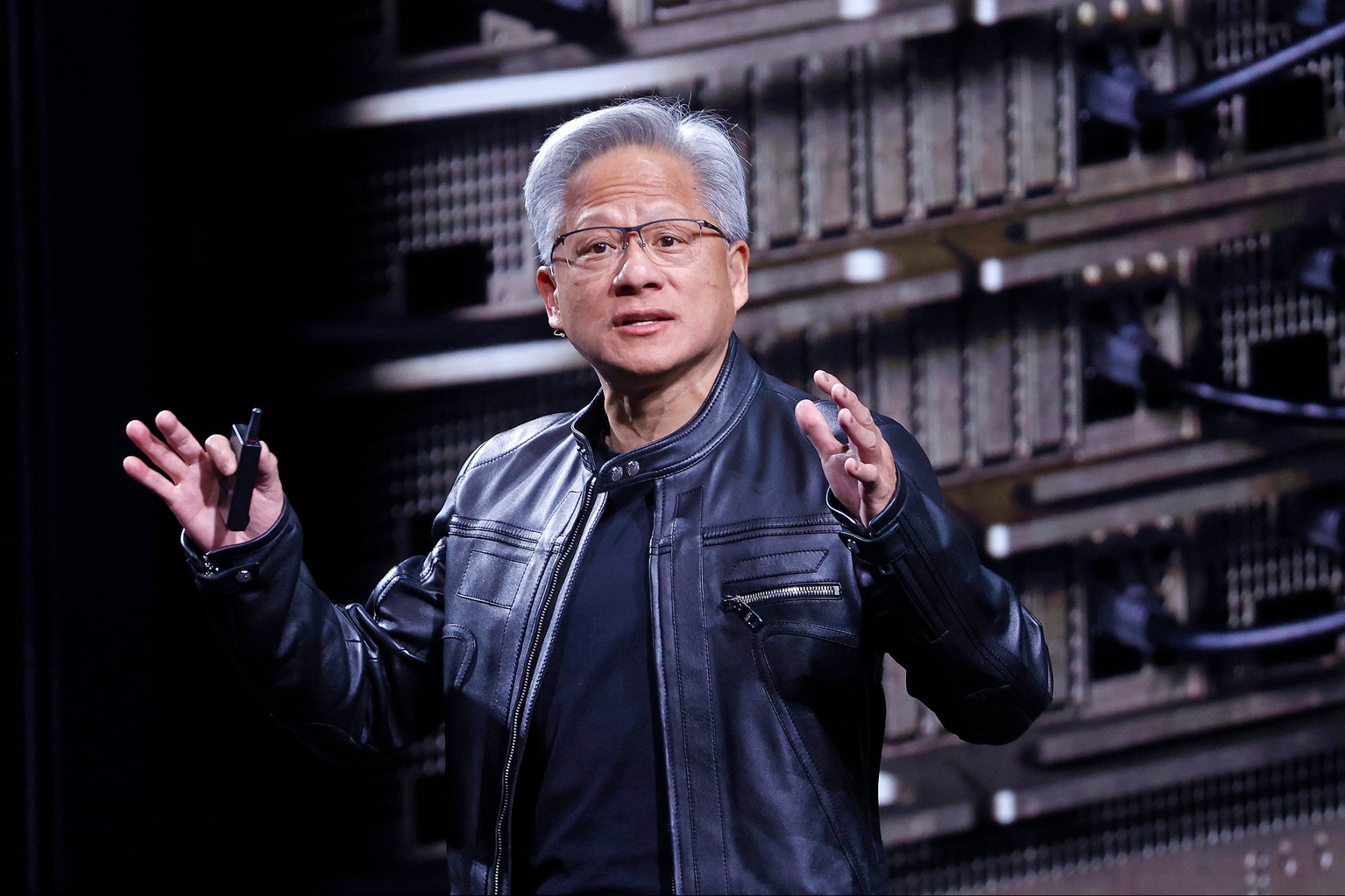Los líderes más efectivos no son los que más gritan, sino los que guían como directores de orquesta La mayoría de los fundadores intenta tocar todos los instrumentos, pero quienes logran escalar aprenden a liderar como un director de orquesta: marcando el ritmo, creando armonía y dejando que otros brillen.
Por Rogers Healy
Key Takeaways
- Los fundadores crecen más rápido cuando reconocen sus puntos débiles y generan confianza.
- El liderazgo no se trata de subir el volumen ni de aumentar el control, sino de armonía, claridad y coordinación.
Las opiniones expresadas por los colaboradores de BIZ Experiences son personales

Are you the Wizard of Oz or the Great Gatsby? Are you behind the scenes or in front of the audience?
Most founders pause when I ask them this question. Some laugh. Everyone understands.
At first, you have to be both.
You're pulling the strings and selling the show. But over time, the lines blur, and it becomes crucial to know your strengths (and, more importantly, your weaknesses ).
Whenever I meet with an early-stage founder, I look for two things: self-awareness and clarity. Not just "what is your product" or "how big is your market." I want to know if they've taken the time to really get to know themselves.
Over the years, I've learned to identify my strengths and weaknesses. That's the best thing a founder can do for themselves (and their investors). It's nothing spectacular, but it's what makes a difference.
The sooner you recognize what you're not doing well, the sooner you can build a company that doesn't rely on you to do everything. A business is an orchestra; the founder is the conductor.
Conductors know the notes, but they don't play them all.
Conductors don't improvise on stage; they know the music. They've studied each instrument; they could just get up there and play. But they don't. Their job is to lead the performance.
The same applies to founders . You may know how to code, sell, market, or raise investment. But that doesn't mean you have to do it all forever; you're not here to do just one thing.
You set the pace and keep the vision clear. You make sure everyone arrives on time. If you're the smartest person in every room, you've stopped growing. Hire people who play better than you. And trust them to do it well.
Startups don't die from lack of effort, they die from lack of harmony. Leadership isn't about control, it's about coordination.
Music isn't just sound. It's a story.
My company is named after Van Morrison and Bob Seger. My daughters are named after Phil Collins and Don Henley.
Music has always been very personal to me; it's not just what I listen to, it's how I lead. Every album tells a story, every track holds a truth. Music is narrative; every lyric is a snapshot, a single thought, an instant frozen in time.
And yet, millions of people hear the same song and make it their own.
That's leadership.
You don't need to shout louder; you need to say something from the heart. The best founders don't just build companies; they write stories people want to be part of. That's why some brands have lifelong fans, while others fade away in six months.
It's not about how much you spend on advertising, it's about resonating.
Related: If you ignore these 7 trends when writing your content, your business will be left behind
What I like most about music?
Music breaks down barriers, you walk into a concert and everything else fades away.
You're not a CEO. You're not a mother, a father, or whatever your resume says you are. You're just another person in a crowd, feeling something.
It doesn't matter who you worship or what you believe in. When the lights go down and the music starts, you're part of something bigger. Cheesy? Yes. True? Absolutely.
This applies directly to business. Create something people can belong to . Build something they can feel. Lead in a way that unites people. This is how you build brand loyalty: not with transactions, but with transformation.
Don't confuse the reflector with the sound
You have to decide something from the beginning: do you want attention or impact?
Both are possible. But pursuing one often destroys the other.
The conductor isn't louder than the orchestra. He's not at the front, puffing out his chest and raising his arms. He's present. Connected. He conducts from where he's most needed.
Great founders do the same.
You don't need to be the loudest voice in the room; you just need to know how to lead it. The right rhythm is quiet confidence. It's not about being seen, it's about being heard.
No one remembers the perfect. They remember the powerful.
Have you ever left a concert remembering a note that was out of tune? I don't think so.
Remember the excitement, the silence before the beat exploded? People don't follow you because you're perfect; they follow you because you make them feel something. If your team trusts you, if your brand has rhythm, if your vision makes people stop and listen, you've already won.
Founders who obsess over perfection miss the point. People connect with the real thing, not the rehearsed.
Successful founders don't try to play every part. They direct. They know the song. They build the team. They channel the energy. They lead so others can shine.
You don't need to be everywhere. You need to be in tune.
The Great Gatsby or The Wizard of Oz? A bit of both? Either way, make sure you balance well between the curtain, the pit, and the stage.
I leave the microphone.












